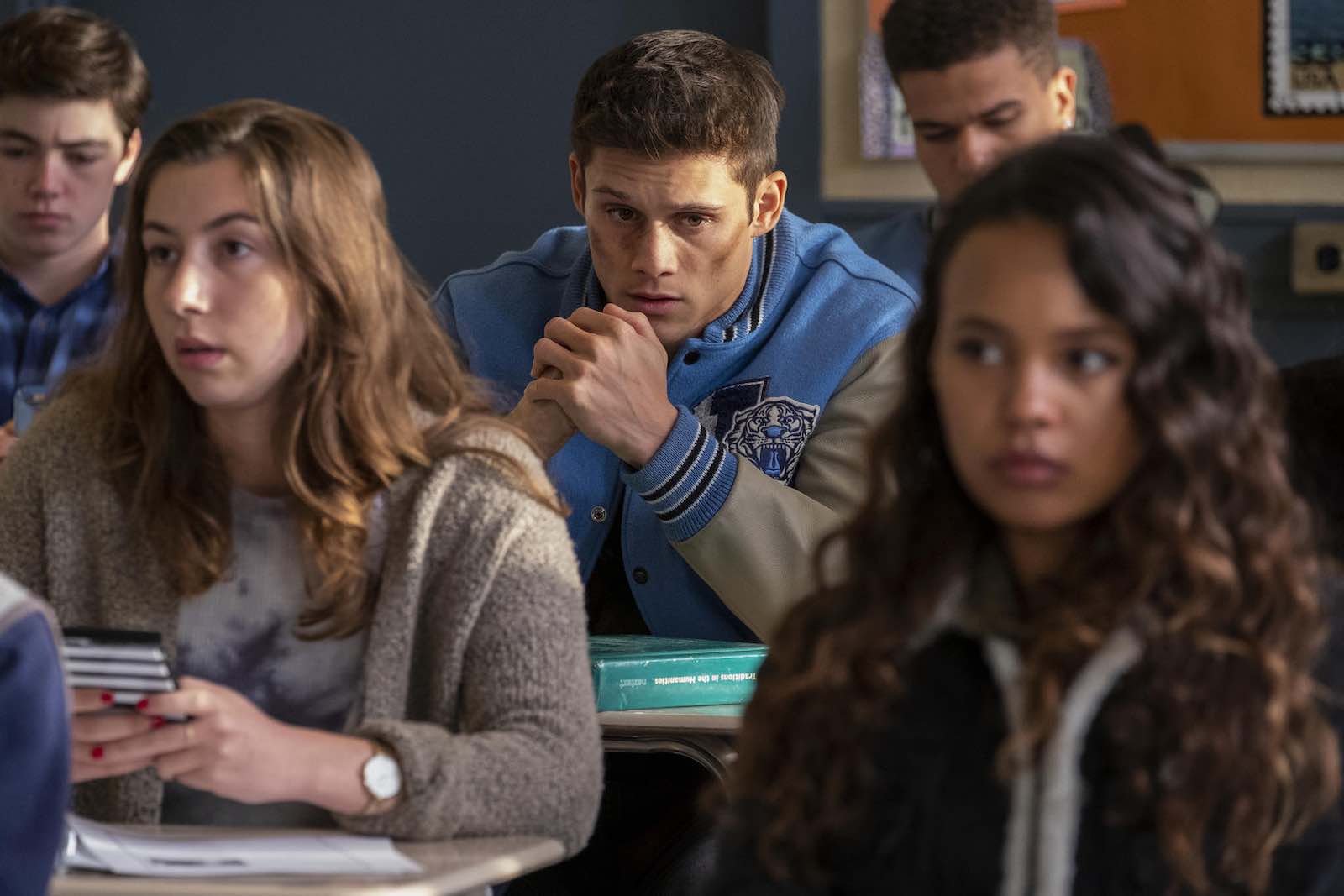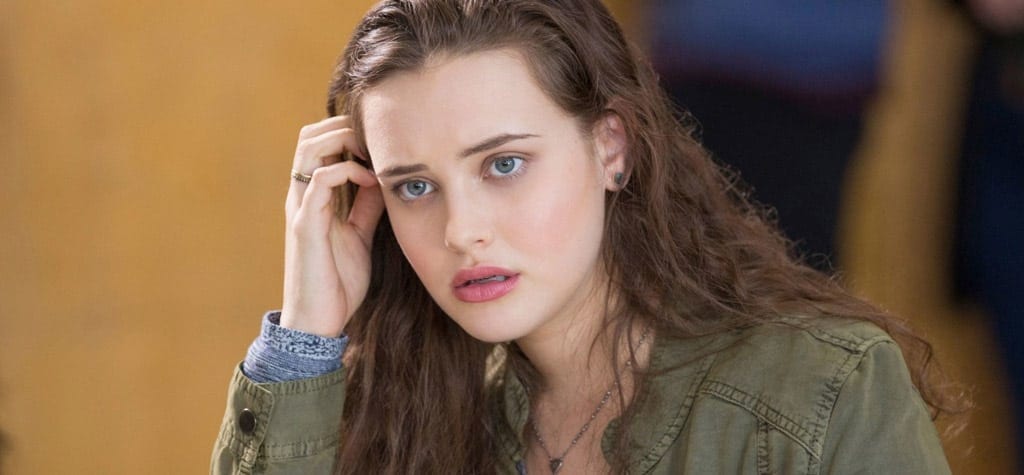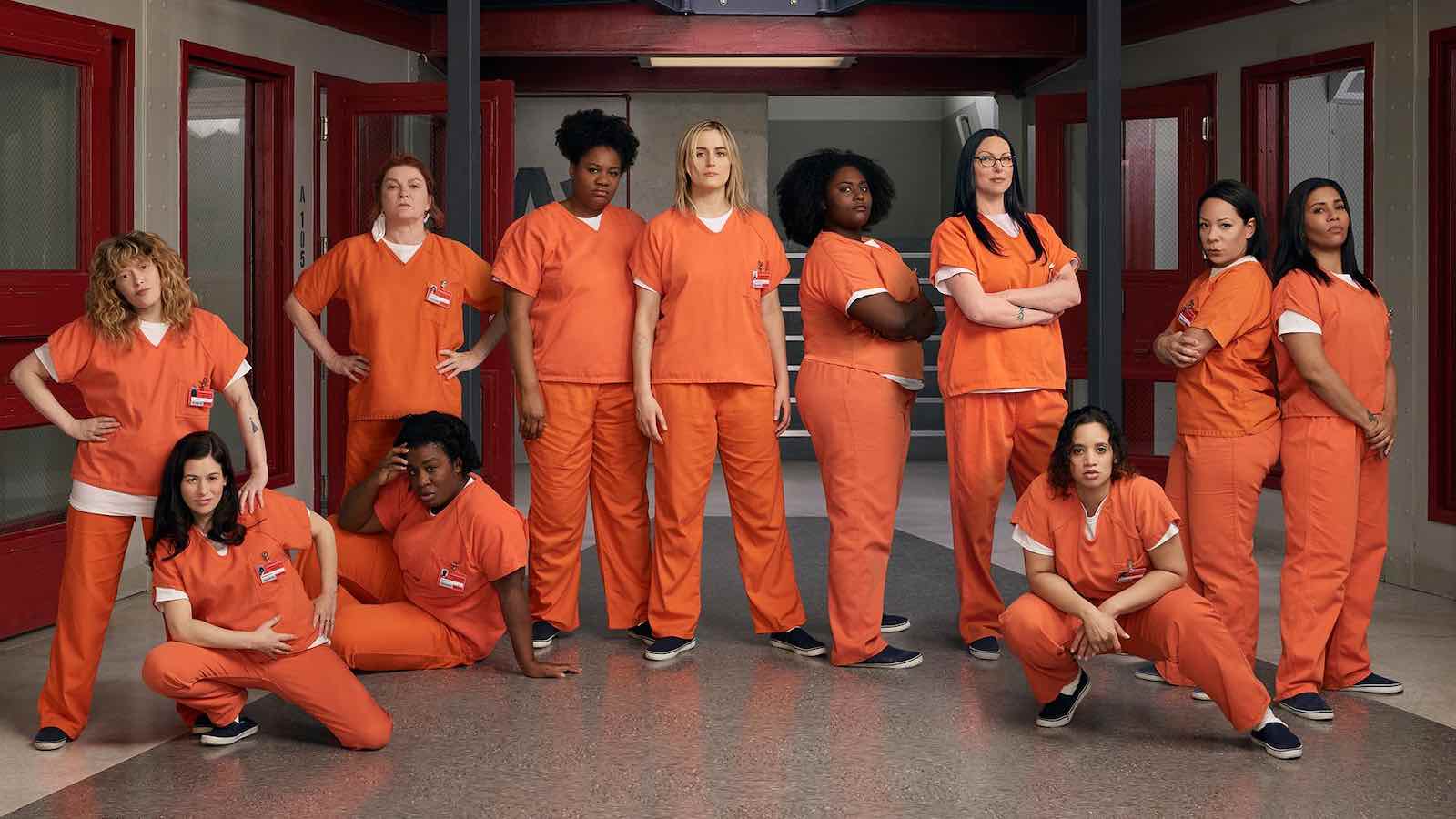
’13 Reasons Why’: Sexual assault scenes that get the issue right
As a show that’s been mired in controversy from the get-go, it’s no surprise season two of 13 Reasons Why brought a whole new set of provocative scenes to the mix.
Audiences called for the show’s cancellation when season one hit Netflix due to its take on the touchy topics of rape and suicide, with some mental health experts claiming the show could cause more harm to its teenage viewers than good. Once again audiences demanded the show be cut after it raised temperatures with a brutal rape scene in the finale episode of S2, “Bye”.
Following a backlash with viewers who were left “disgusted” and “traumatized”, the TV censorship watch group Parents Television Council has launched a campaign for the show’s cancellation and issued a statement that reads: “We’re issuing a warning about Netflix’s 13 Reasons Why season 2 and urging the company to pull the series entirely because of the potentially harmful content.”

However, in a statement to Vulture, creator and showrunner Brian Yorkey defended the decision to show Tyler’s (Devin Druid) sexual assault in the season finale, where he was attacked by three students in a school bathroom and sodomized with a mop handle.
It’s understandable why so many people were shocked by the scene. Yorkey argued that, as intense as that scene is, it doesn’t come close to the pain experienced by the people who actually go through such trauma.
“When we talk about something being ‘disgusting’ or hard to watch, often that means we are attaching shame to the experience. We would rather not be confronted with it . . . . This is why victims have a hard time seeking help. We believe that talking about it is so much better than silence.”

Whatever your take is on the controversial scene, there’s no denying that rape is a sensitive subject for any media form to handle. Many TV shows and movies aren’t aware of how to tackle sexual assault and rape culture in a manner that promotes understanding rather than victim blaming. Game of Thrones may be an example of a show that utilized sexual assault as a mere plot device.
That said, there are some shows and movies that have been lauded for sensitively and skillfully explaining the reality and context around sexual assault and we’re here to look at some of those examples today to explain how and why such scenes were met with praise rather than criticism.

Outlander (2014 – )
Outlander is a show that has repeatedly been revered for portraying rape and sexual assault in profound and groundbreaking ways. The rape scene on the last episode of season one shows Jamie (Sam Heughan) attacked by Captain Jack Randall, the entire shot of which is seen from Jamie’s point of view.
What many said Outlander got “right” about sexual assault is that it reminds the viewers that men and boys can also be affected by sexual violence and their stories need to be heard too. In other narratives involving rape, the show has always dealt with the emotional and psychological trauma felt by each victim in the aftermath, rather than just using the shock of the subject to boost ratings.
In an interview with The Hollywood Reporter, producer Maril Davis (Caprica) described how the show never tries to be gratuitous. “We’re trying to depict things as they really happened in that time. Every scene moving forward, we’re trying to do something where you understand why the character is struggling so much but not doing it in a gratuitous way.”

M.F.A. (2017)
Natalia Leite’s unflinching revenge hit gives an unrelenting tale of rape denial, seeing Francesca Eastwood (True Crime) as an art student named Noelle who is sexually assaulted at a party. After receiving no support from her college to find justice and cope with her psychological trauma, she decides to take matters into her own hands and starts taking down the attackers herself.
While there was backlash over the decision to include such a brutal rape scene, Noelle’s pain was never exploited as a plot device. As Leite explained to Film Daily, “I was making a really conscious choice not to exploit the violence in the movie . . . The physical violence of her going out and killing the guys shouldn’t have overpowered the sexual violence because, for me, the ultimate horror is being raped.”

Orange is the New Black (2013 – )
As a show that tackles many sensitive subjects, Orange Is the New Black does a solid job of depicting what many survivors experience in the aftermath of sexual assault. In one episode, Pennsatucky (Taryn Manning) is raped by one of the prison guards, Charlie Coates.
Per Vogue, “In Pennsatucky’s case, it affected her for days and weeks; she truly didn’t understand what was happening to her, and she not only mourned the friend she used to have, but the person she used to be.”

Black Snake Moan (2006)
While Black Snake Moan might play host to a highly questionable performance from Justin Timberlake, what it does get right is its dealing with the narrative on sexual assault. The central character – played by Christina Ricci (Addams Family Values) – is a troubled young woman and a sex addict who is taken in by a God-fearing bluesman as he attempts to help her recover from a troubled past.
The actual assault scenes are brief flashbacks that serve as implications. As Wear Your Voice put it, “it includes a subtle, powerful message about what it means to be a victim and a survivor.”

House of Cards (2013 – )
In House of Cards, we’re shown a survivor’s story and offered up the message that every individual handles trauma differently. With regards to Claire (Robin Wright), who was raped in college, she describes her story to her husband Frank (Kevin Spacey) while referring to herself in the third person so as to disassociate from the attack.
She says, “Every time I think of her pinned down like that, I strangle her, Francis. So she doesn’t strangle me. I have to. We have to. The alternative is unlivable.”
Bustle described how Claire is strong, unwilling to let the man who ruined much of her youth ruin what she and Frank have worked so hard for. “It focuses on Claire’s ability to process what happened to her and to become a strong, powerful person afterwards rather than her victimhood.”

Precious (2009)
Set in late 80s New York, Lee Daniels’s impactful drama centers on an abused, illiterate teen who is pregnant with her second child and is invited to enroll in an alternative school in hopes that her life can head in a new direction.
With an unflinchingly brutal storyline, the film is both impactful and disturbing and is so masterfully acted and directed, it creates genuine art from its dark subject matter. And while some of the scenes are considered virtually unwatchable, the purpose of the narrative is to shed light on the very harsh realities that impoverished people like Precious are made to endure in sexually abusive homes.
Revelist explained, “while the film is extremely difficult to watch, it is effective and informational and actually serves a purpose. It’s not just there to offer up shock value for the sake of ratings and / or needless villainization and / or victimization of characters.”

Veronica Mars (2004 – 2007)
The 00s cult classic about a teenage P.I. (Kristen Bell) was well received for numerous reasons including its depiction of sexual assault. As well as dealing with the central character’s rape by choosing to only show the moments before and after the attack, it also remains one of the only American shows to address date rape and its aftermath for longer than a few episodes.
In the words of The Atlantic, “Unlike most televised rape accounts, Veronica was no damsel in distress waiting to be rescued. She had agency and was given a voice that went deeper and was more honest than any of its predecessors.”



